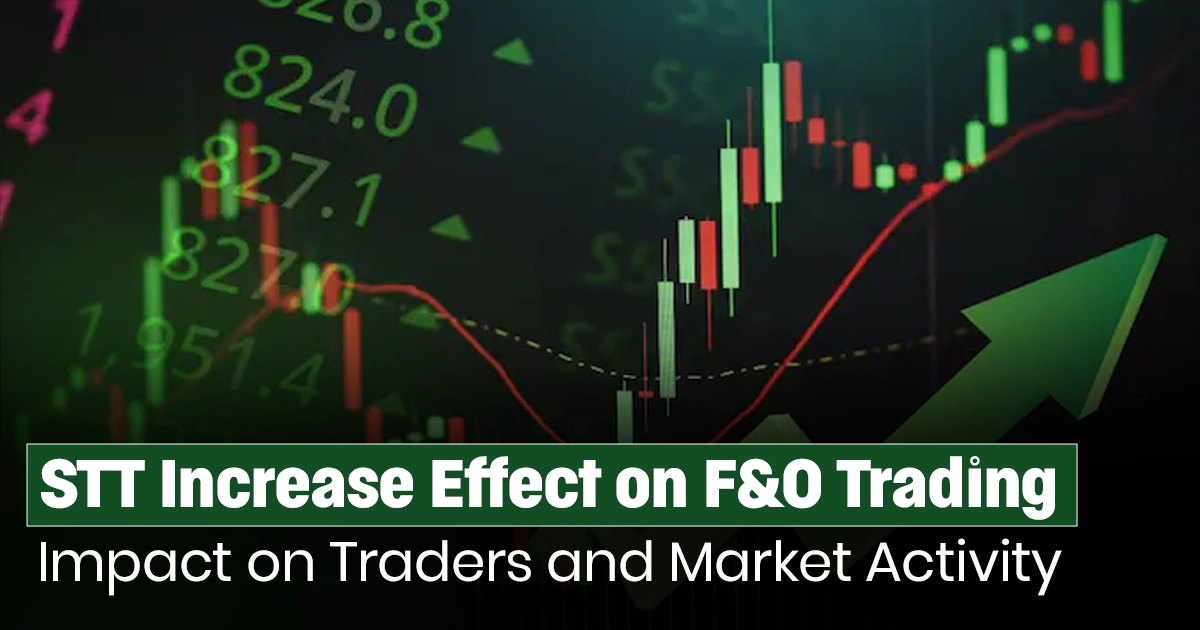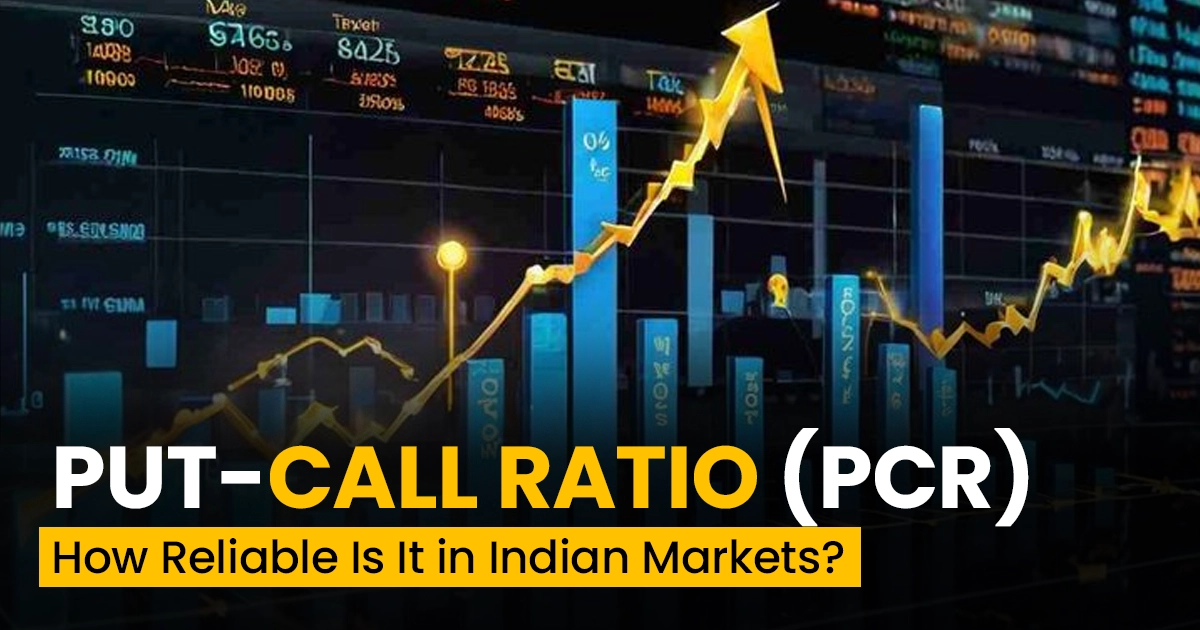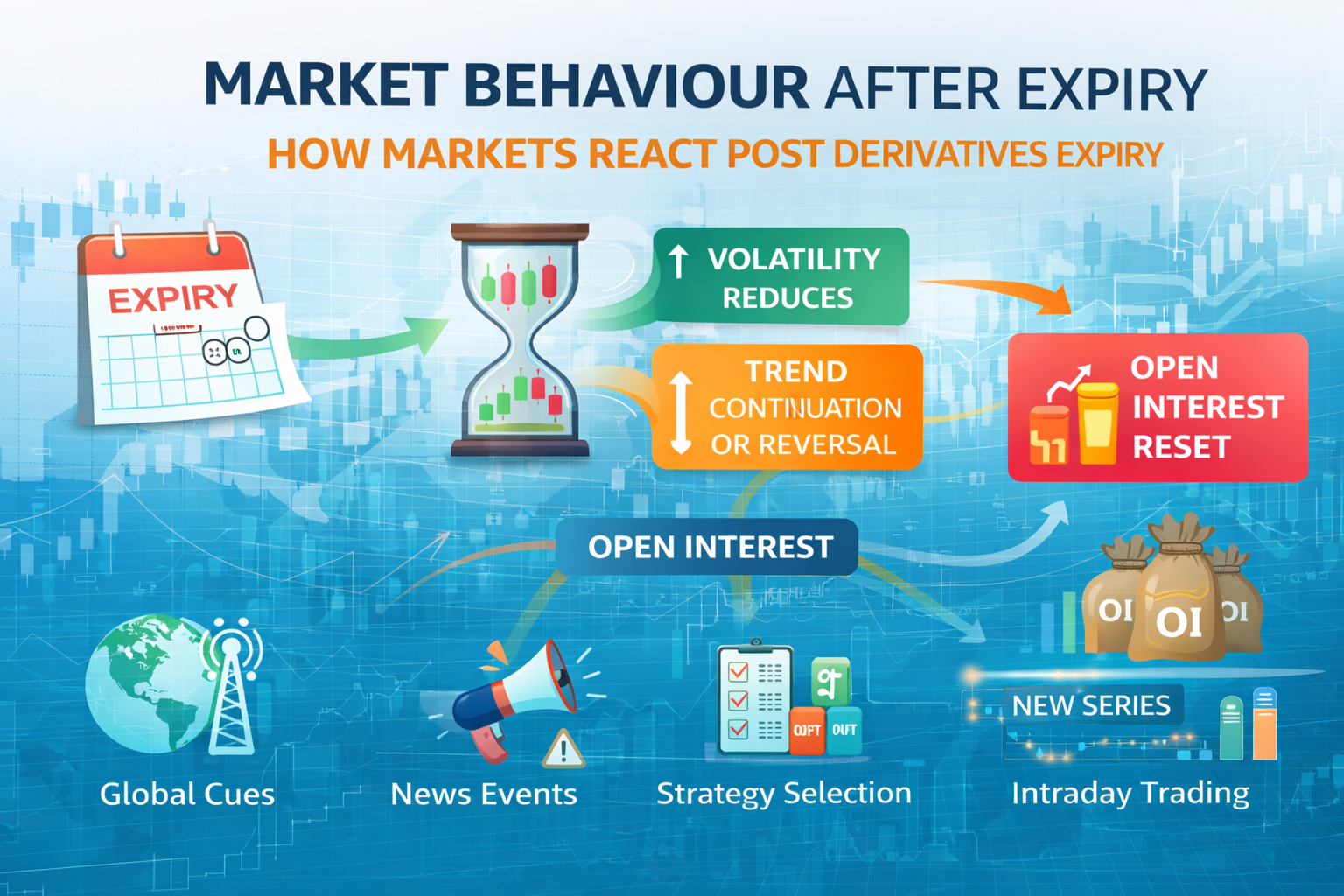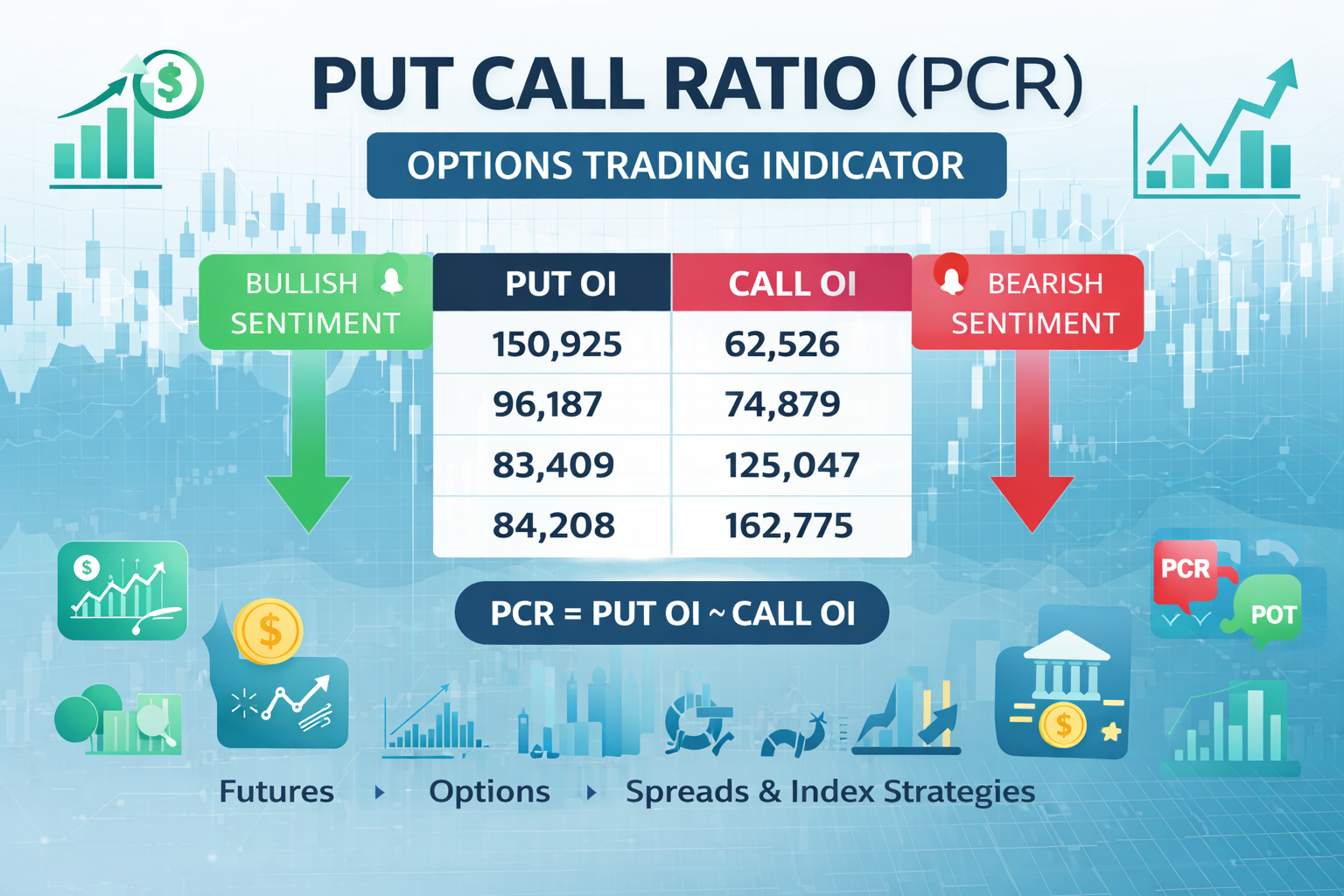Things to Look Out for Future Trading in India
Trading is one fast-changing world. There are completely lots of emerging digital platforms offering more investment scopes in India, and with such growth, this country has enormous potential in every way as long as the country's economy progresses. However, it poses a challenge for traders who come with its associated set of factors which they need to look into while trading to remain successful. These are the important points that you need to consider in advance before setting up a trading account in India whether you are a new or an experienced trader.
1. Regulatory Environment
In India, there are regulatory bodies like SEBI concerning the financial markets. Thus, an individual would have to keep track of the latest regulations as well as all the compliance requirements in order not to incur penalties and easy trading. Recently, SEBI has introduced several measures for better transparency and protection of investors, but someone needs to keep himself updated about the new regulations or changes.
For example, the GST has affected trading costs and hence, one needs to analyze its effect. Moreover, traders need to be aware of the legal changes related to margin trading, derivatives, and automation trading.
2. Technological Advancements
There have been rapid additions of digits into Indian financial markets, and technological entry has significantly emerged in future trends about trading. There is Algorithmic trading, AI, and even machine learning now used as traders' instruments, in addition to easy access to more mobile trading apps and platforms to observe all the current trends of the markets, order executions, and other investments anywhere.
Such technological innovations must be adopted by traders, but they must be aware that such also carries risks, in this case, system glitches or cyberattacks. All these new trading tools and techniques will keep them ahead in such an environment.
3. Market Volatility
Indian stock markets are highly volatile and sensitive to domestic and global factors, mainly on account of geopolitical tensions and changes in economic policies apart from general international market trends. Volatility is useful for the short-term trader but poses great risks to investors.
For such a volatile market, the trader needs to have good risk management. He has to place an order with stop-loss. He should also diversify his portfolios and use technical analysis to spot where he is likely to enter or exit.
4. Global Economic Influence
Indian financial markets have been always influenced significantly by global economic events. There are a few examples such as crude oil price movements, a shift in the INR value and global interest rate alteration of major market trends. In case the central bank of countries, such as the US Federal Reserve, adopts an uncompromising monetary policy, there will be changes in the pattern of capital inflow to emerging economies like India.
International forces will guide the trader to make effective decisions and predict the market movement. The international market situation needs to be followed and responded to fit in emerging situations.
5. Investment Options and Trading Instruments
In India, trading instruments include stocks, bonds, commodities, derivatives, mutual funds, and also exchange-traded funds. Even more new trading instruments will dominate the near future, wherein the trading will involve Real Estate Investment Trusts and Infrastructure Investment Trusts. As all such new types of instruments became part of the trade, real estate and infrastructure businesses were also authorized for traders' trade.
Besides, the more widely accepted the cryptocurrencies are, with time, India is likely to consider regulating its digital assets like Bitcoin and Ethereum. This way, there could be more space for traders.
The diversification of instruments would, therefore, minimize risks while maximizing returns.
6. Financial Literacy and Education
More Indians will venture into trading, and their success will depend on financial awareness; the basics of how the stock market functions would be important along with differing trading strategies and financial planning.
There are many learning resources, courses, and seminars through which traders can improve their knowledge online. Informed traders can make reasonable decisions and avoid impulsive buying or selling due to market noises or hearsay.
7. Indian Economy Long-Term Trends
"Make in India" and "Atmanirbhar Bharat" are the agendas of the government. But urbanization, technological innovation, and all other long-term factors are the reasons for a quite natural transformation of India's economy. It is bound to affect a few different sectors like infrastructure, technology, health care, and consumer goods.
Hence, the traders would do well to retain these macro trends of this kind while making any investment decision. For example, the above sectors may perhaps continue to grow for years ahead.
8. Risk Management and Control of Emotion
This is not just about technical knowledge but the ability to control one's emotions. A person has to stick to one's strategy, manage risk, and not react impulsively to short-term market volatility. Most traders lose because they give in to fear and greed amid volatility.
It calls for defining objectives while the trading plan needs to be well-thought-out, as staying within discipline is ensured. Effective ways of risk management include diversification, position sizing, and stops, which allow for capital protection.
9. Artificial Intelligence and Machine Learning Effects
AI and machine learning are now playing a very crucial role in predicting trends and making timely decisions for the market. In India, AI-based trading platforms are more common, especially using data analytics to identify profit trades. Pattern discovery is one function that AI performs when dealing with enormous amounts of data that can go unnoticed even to the human eye.
Only those traders who are comfortable with these technologies and willing to adopt AI-driven tools will have a better chance of staying ahead in the competitive market.
10. Taxation on Trading Profits
In the case of Indian taxation, the trading profits are an important factor for traders. STCG tax is applicable when the asset is held for less than a year. LTCG tax is applicable when the asset is held for more than a year.
However, the traders who trade regularly can even be taxed as a trade and their profits can be subjected to business income tax. It is advisable to consult a tax professional in order to understand how the trading activity can be made tax-compliant.
Conclusion
Trading futures in India is at a high point, especially with growing economies, digitalization, and new advanced technology. However, the list of factors that traders must be vigilant about is endless-from regulation and market volatility to geopolitics and the effect of AI. The trading landscape is changing rapidly, and if you remain updated, keep honing your skills, and have effective risk management, you will be able to navigate the intricacies of future trading in India and unlock profitable opportunities.
Remember, successful trading requires a combination of knowledge, patience, discipline, and adaptability.









